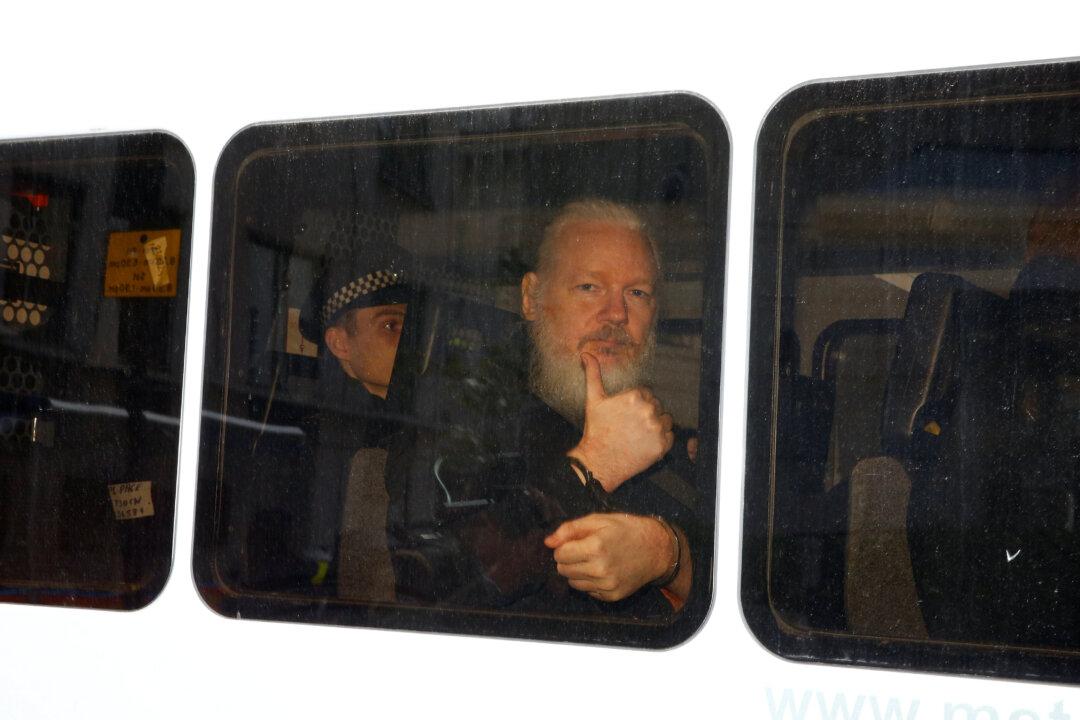Police conducted a search on May 20 to remove personal belongings left by WikiLeaks founder, Julian Assange.
Judicial authorities from Ecuador carried out an inventory of all the belongings and digital devices left behind at the London embassy following Assange’s expulsion last month from the diplomatic compound that had been his home the past seven years.





